"Dhaka, Bangladesh's bustling capital, ranks eighth globally for worst air quality, registering an AQI index of 154 as of 9:10 am today (April 5, 2024). With the air classified as 'unhealthy', concerns rise over health risks for residents, highlighting ongoing challenges in combating air pollution in the city."
Dhaka, the vibrant capital city of Bangladesh, faces a significant challenge as it ranks eighth globally for worst air quality, recording an AQI index of 154 as of 9:10 am today (April 5, 2024). With the air quality classified as 'unhealthy', concerns mount over the health implications for residents, underscoring the persistent struggle to combat air pollution in the city.
The AQI, a vital indicator of daily air quality, assesses the cleanliness or pollution levels of a city's air and the associated health risks for its inhabitants. In Dhaka's case, the AQI score of 154 places the city in the 'unhealthy' category, prompting worries about potential health hazards, particularly for sensitive groups.
Thailand's Chiang Mai, Nepal's Kathmandu, and India's Delhi top the list of cities with the worst air quality, occupying the first, second, and third spots with AQI scores of 194, 171, and 163, respectively. This underscores the regional and global scale of the air pollution crisis, affecting densely populated urban centers across South Asia.
Dhaka's struggle with air pollution is not new, with the city typically experiencing unhealthy air quality, especially during winter months, although improvements are observed during the monsoon season. The WHO's alarming statistics highlight the gravity of the situation, with air pollution contributing to an estimated seven million deaths worldwide annually, primarily from cardiovascular and respiratory diseases.



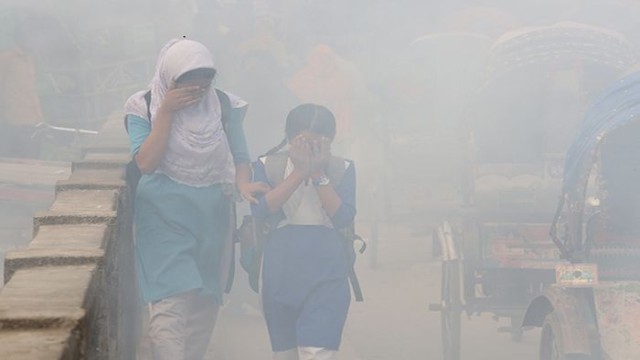


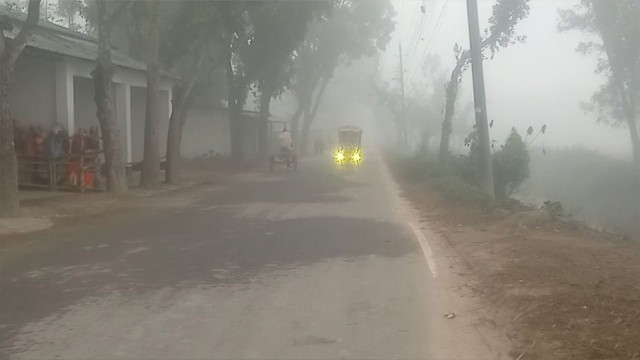

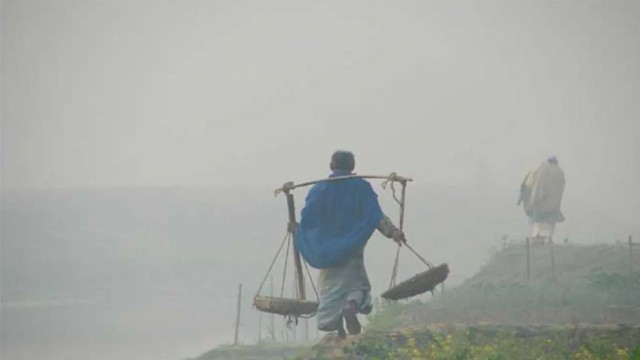
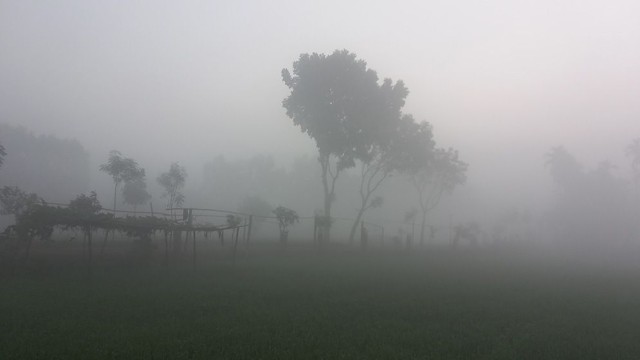
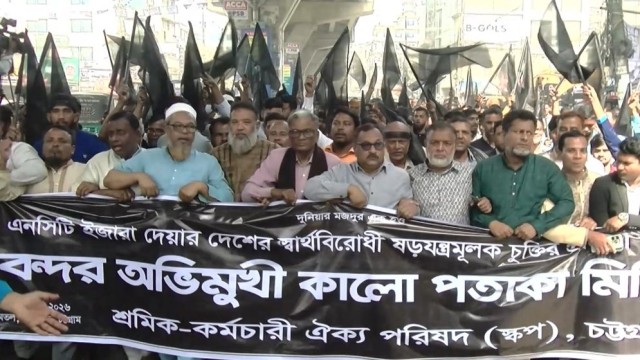




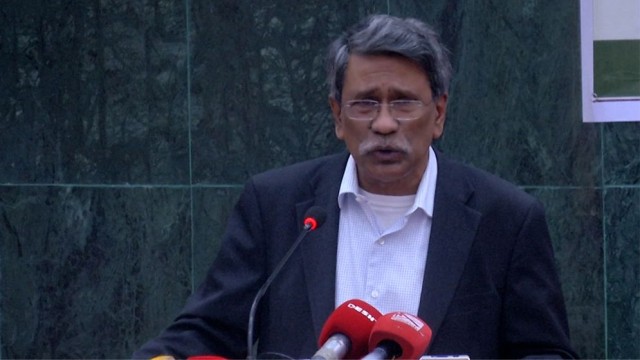
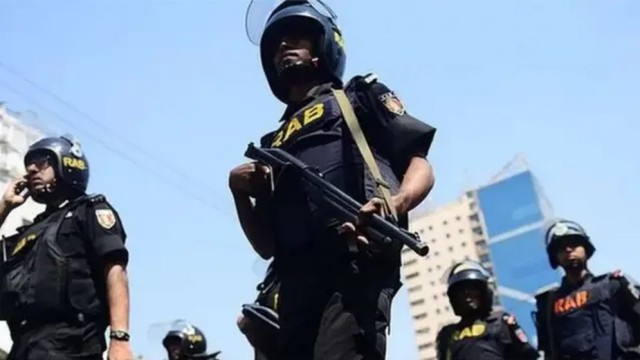








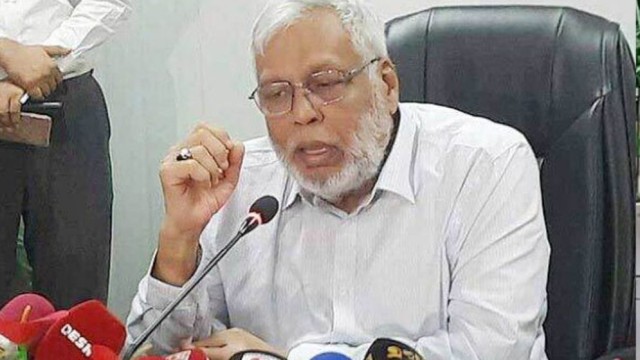


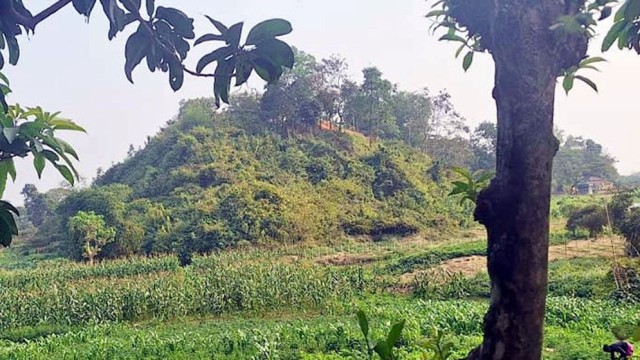


Comment: